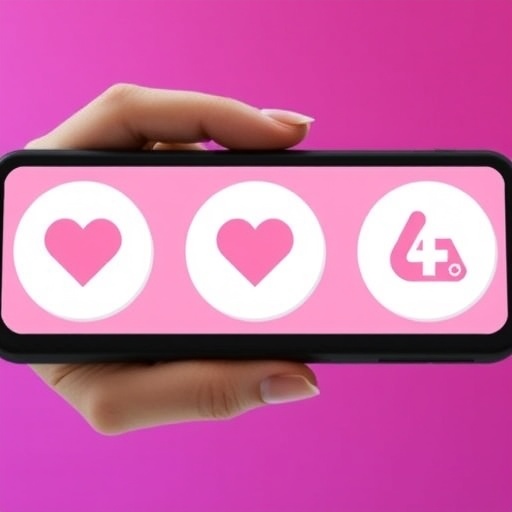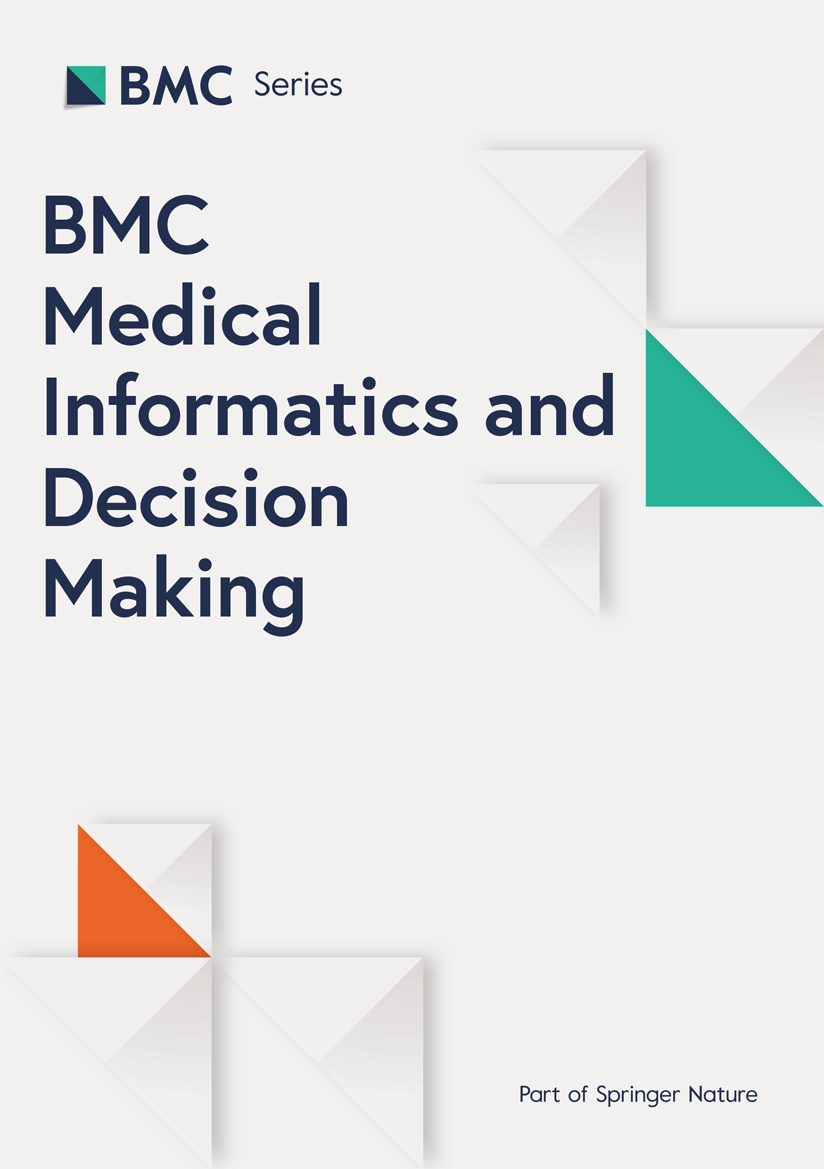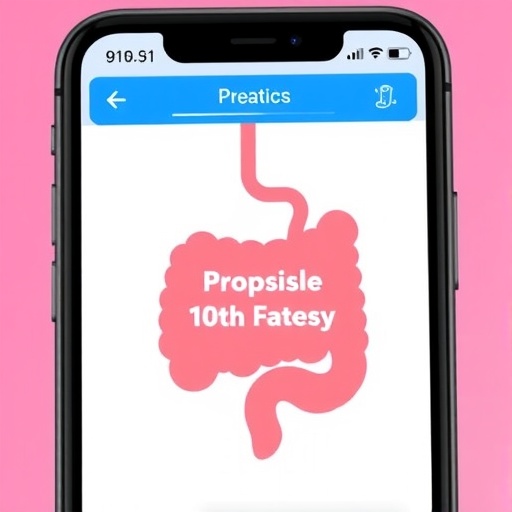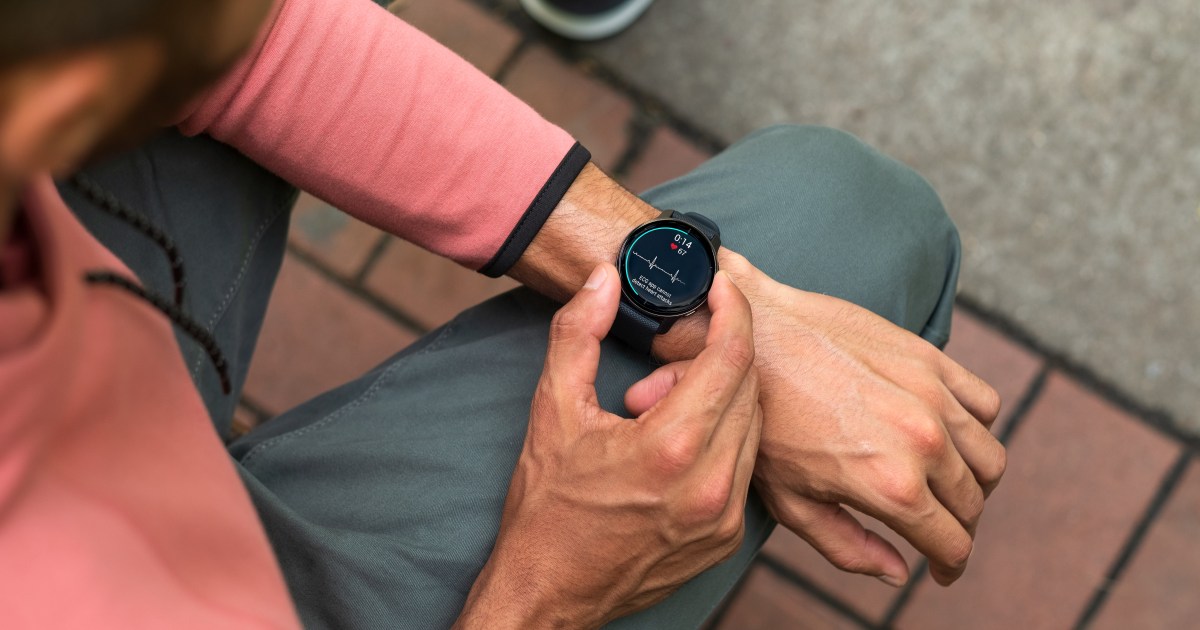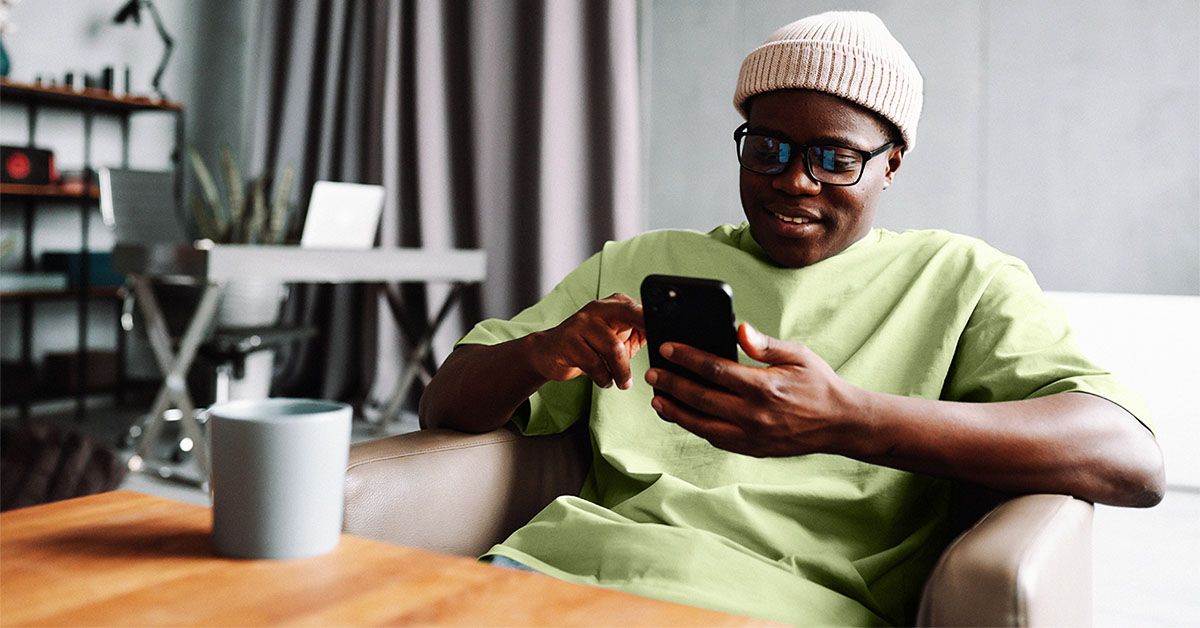How Can Cancer Apps Help Patients and Providers?

Cancer apps — smartphone applications targeted to cancer patients — can be helpful tools, keeping patients informed about their disease, helping them track their medications and symptoms, and facilitating connections with health care providers and other patients.1-3 Experts note, however, that cancer apps have limitations and may even be detrimental in certain cases.
“Cancer-related apps get us closer to a world where cancer patients have a personal guide in their pocket to help them through their cancer journey,” said Pia Banerjee, PhD, of the American Cancer Society. “Apps provide personalized information from anywhere, allowing patients to be informed and engaged at every stage of their journey. From tracking side effects to adopting healthy lifestyle behaviors, we’re seeing significant progress in how patients are using technology to take a proactive role in their care. And this has come with some great improvements in treatment outcomes, emotional well-being, confidence, and quality of life.”
On the other hand, research has suggested that many cancer apps have not been tested in trials, they may not always align with current clinical practice guidelines, and they may include information that is too complex or overwhelming for patients.1,3
Cancer apps are only helpful if patients know the limitations of these apps, receive appropriate information about their cancer from their care team, and recognize the importance of asking their care team questions, according to Hardeep Phull, MD, of Palomar Health Medical Group in Escondido, California.
He added that apps can become harmful “when patients begin to read information outside of the scope of their expertise or consume materials that are not pertinent to their specific cancer process.”
Research on Cancer Apps
Systematic reviews of cancer apps have revealed insights into the types of features these apps provide and how useful the apps are for patients.1-3
In a review of 12 cancer apps, researchers found that all of the apps allowed patients to enter data related to their symptoms, and half of the apps dispensed medical advice based on the information provided.1 Patient reminders were a feature of most apps (83%) and included prompts for users to record symptoms, reminders to take medications, and links to articles related to their diagnosis or treatment.
The apps had a mean score of 4 on the Mobile App Rating Scale, which is used to assess app quality.1 A score of 5 on this scale means the app is “excellent,” a score of 4 means it is “good,” 3 means “acceptable,” 2 means “poor,” and 1 means “inadequate.”
In a review of 39 cancer apps, researchers analyzed the different behavior change techniques used in each app.2 Most apps provided information about behavior-health links (77%), instructions (72%), and information on consequences (69%). Some of the apps also helped patients plan for social support or social change (44%), prompted self-monitoring of behavior (41%), provided contingent rewards (21%), aided stress management (15%), taught patients to use prompts or cues (10%), prompted specific goal setting (3%), and/or set graded tasks (3%).
The researchers also assessed the quality of the 39 apps using the Mobile App Rating Scale. 2 None of the apps were rated as excellent, but 4 were deemed good, 22 were acceptable, 12 were poor, and 1 was inadequate.
“Our review suggests that these apps have the potential to help cancer patients,” said study author Rachelle R. Ramsey, PhD, of Cincinnati Children’s in Ohio. “Numerous apps utilized evidence-based interventions to improve health behaviors and also had high overall quality scores, which promotes user engagement.”
In a review of 17 cancer apps, the average Mobile App Rating Scale score was 3.62.3 Scores varied across the apps, but all of them scored in the “acceptable” or “good” ranges.
According to Dr Banerjee, the best cancer apps provide patients with educational information, help them coordinate services, support communication with providers, and boost self-management.
Apps from credible sources “can transform the patient experience and improve patient outcomes,” Dr Banerjee added. She recommends that oncologists encourage patients “to explore digital tools that will be helpful for them as they navigate their cancer journey.”
Details and Data on Specific Cancer Apps
Oncology providers should have experience with at least 1 or 2 cancer apps so they can provide recommendations to patients, according to Ilana Graetz, PhD, of Emory University Rollins School of Public Health in Atlanta.
Read on for details and data on several cancer apps.
ACS CARES
The ACS CARES app, from the American Cancer Society, provides patients with personalized information on their cancer as well as information on “emotional health, finances, transportation, and dependent support.”4 The app allows users to speak with information specialists from the American Cancer Society and connects users with trained community volunteers.
Researchers found that, in the year after ACS CARES was launched, 4673 people used the app, including cancer patients (54%), caregivers (31%), and supporters (15%).5 The researchers reported success in connecting users and trained volunteers. A total of 122 virtual volunteers made connections with 182 app users. Connections were based on shared cancer experiences (47.7%), caregiving for an adult cancer patient (28.8%), the need for assistance in finding information (12.4%), the need for a Spanish-speaking volunteer (3%), and other reasons.
Belong: Beating Cancer Together
The Belong: Beating Cancer Together app is “the world’s largest social and professional network for managing and navigating treatment journeys,” according to the Belong.Life website.6 The app allows users to join discussion groups on various topics, use treatment navigation tools, and chat directly with experts in the field.
The Belong app had a score of 3.65 on the Mobile App Rating Scale in the review of 39 cancer apps and a score of 3.6 in the review of 17 apps.2,3
Cancer Exercise
The Cancer Exercise app offers exercise programs tailored to cancer patients at any fitness level.7 The app was spearheaded by Anna L. Schwartz, PhD, an oncology exercise researcher. In the review of 39 apps, Cancer Exercise had a score of 3.71 on the Mobile App Rating Scale.2
Careology
The Careology app allows cancer patients to track their symptoms, build an in-app support network, and recount their cancer journey in an e-journal.8 The app also allows doctors to gather information from their patients.
Careology was founded by Paul Landau, a health tech expert whose wife was diagnosed with cancer.8 In the review of 12 cancer apps, Careology had a score of 4.4 on the Mobile App Rating Scale.1
LivingWith
The LivingWith app, developed by Pfizer, was designed to support cancer patients during treatment.9,10 It helps patients manage their medications, track their mood and pain, and provides them with support for daily tasks.
In a randomized, controlled trial, cancer patients receiving chemotherapy “reported fewer medical office visits and fewer visits with a mental health professional” if they used the LivingWith app than if they did not, according to Dr Graetz, the study’s lead author.10
At the 3-month follow-up, the average number of office visits was 3.5 for patients who used the app and 4.3 for patients who did not (P =.046).10 The average number of visits with a mental health professional was 0.1 and 0.3, respectively (P =.064).
Furthermore, 45.7% of patients said they found the app useful overall.10 In the review of 39 apps, LivingWith had a score of 4.03 on the Mobile App Rating Scale.2
NCCN Patient Guides for Cancer
This app, from the National Comprehensive Cancer Network (NCCN), allows patients and their caregivers to access the NCCN Guidelines for Patients, providing them with step-by-step guides to cancer treatment options, questions to ask doctors, and patient-friendly illustrations.11 In the review of 39 apps, this app had a score of 3.92 on the Mobile App Rating Scale.2
Outcomes4Me
The Outcomes4Me app takes recommendations from the NCCN guidelines for health care providers and uses artificial intelligence to make those recommendations easier for patients to understand.12 The app also helps patients track and manage their symptoms, allows them to upload their medical records and receive an easy-to-read summary of the information, and matches patients to clinical trials.
Outcomes4Me was founded by Maya R. Said, ScD, a former leader of global access and policy for oncology at Novartis.12 The app had a score of 3.95 in the review of 39 apps and a score of 3.65 in the review of 17 apps.2,3
Potential Drawbacks of Cancer Apps
“Oncologists should know apps are not for everyone,” Dr Graetz said. She noted that some patients prefer to keep written records to help them track medications and appointments, and digital security is an area of concern for some patients.
Issues with security and patient privacy have been identified by researchers as well. For example, in an analysis of more than 20,000 mobile health apps, researchers found that 88.0% of the apps included code that could potentially collect user data, 3.9% of the apps transmitted user information in their traffic, 23.0% of user data transmissions occurred on insecure communication protocols, and 28.1% of apps did not have privacy policies.13
Other potential drawbacks of cancer apps are that they may contain inaccurate information or information that is unclear or complicated.2,3
“As described in the larger cancer app literature, many cancer self-management apps included complicated or overwhelming amounts of information with uncredible or unclear sources,” Dr Ramsey and her colleagues wrote in their review of 39 cancer apps.2 “The three apps with the highest information scores were developed by professional organizations … or in collaboration with health care professionals … , and similar approaches are recommended to facilitate appropriate and evidence-based content creation.”
The researchers who reviewed 17 cancer apps noted that “many apps were not trialed/tested in published scientific literature. Potentially, the apps were not evidence-based because those reviewed in trials are not then made available publicly.”3
Other potential drawbacks of cancer apps, according to Dr Phull, include the “requirement of some apps to pay for useful services and the natural tendency to get sucked in to the phone screen rather than focusing on other forms of information or therapy.”
“We still have opportunities for cancer apps to provide better support to patients,” Dr Banerjee noted. “As personalization capabilities advance, it will be helpful to tailor content to each patient’s specific health literacy level to ensure the content is understandable and actionable. Also, offering health information in a culturally competent manner that respects diverse backgrounds and beliefs can greatly improve user engagement and the effectiveness of these apps. Imagine an app that speaks your language, understands your culture, and explains complex medical information in a way that makes sense to you.”
“Practicing oncologists need to be aware that most patients are using some kind of cancer-related app in the digital, smartphone age,” Dr Phull said. “When leveraged to their appropriate context and strengths, under the care of an oncologist, cancer-related apps can actually strengthen the bond with the physician and care team, while empowering the cancer journey as a whole.”
Disclosures: Dr Banerjee, Dr Phull, and Dr Ramsey have no relationships to disclose. Dr Graetz disclosed research support from Pfizer.
link

